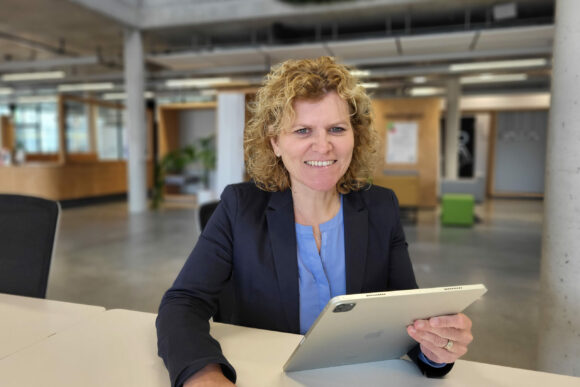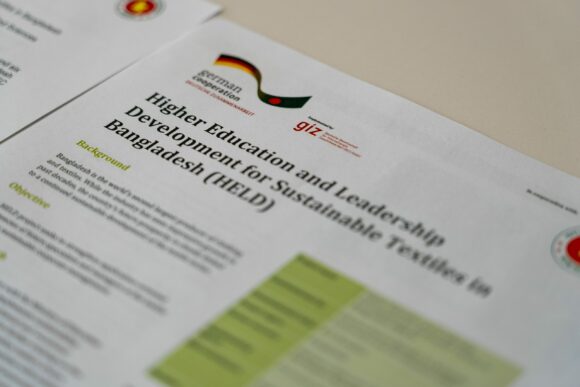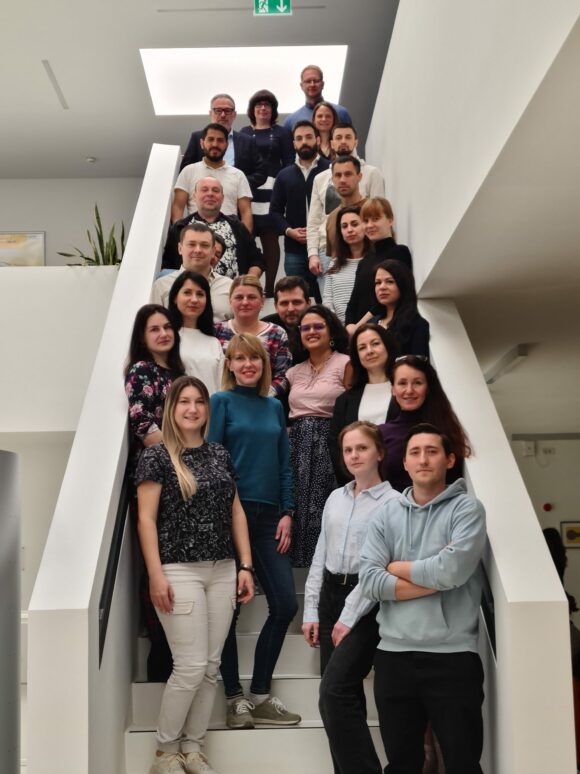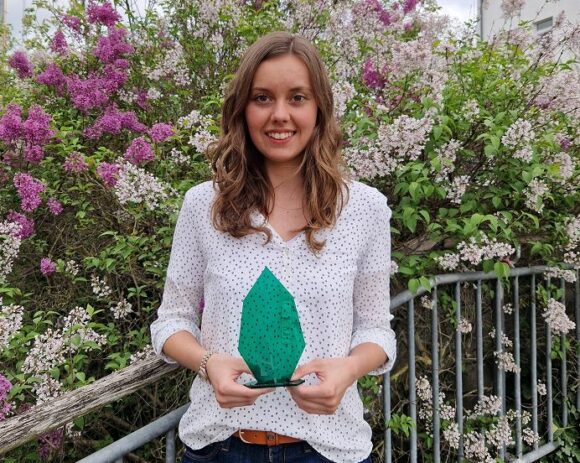With KICKSTART, Hof University of Applied Sciences has launched a funding program that starts at a very early stage of a potential start-up – with the ideas or prototype development. The KICKSTART teams have six months to develop their idea into an MVP (Minimum Viable Product) or prototype. In our third episode today, we introduce the “Biometh” team.

The mission
Methane production by a novel catalytic reactor using biogenic gas.
How did you come up with this idea?
“The discussion on the substitution of natural gas and the use of green hydrogen in the public gas grid is going on strenuously in German politics and industry. Possibilities are being sought to replace natural gas with alternatives. Biogas is available through many biogas plants and many operators are faced with the question of subsequent use due to the end of the EEG, but biogas cannot be easily fed into the gas grid. With renewable hydrogen from overcurrent electrolysis, the biogenicCO2 in biogas can be converted to biomethane. This, in turn, can be made available economically in the gas grid, allowing biogas plants to continue to use it economically and substituting natural gas.”
A study or profession alone is already very time-consuming and exhausting. Nevertheless, you are still developing your own start-up idea at the same time. Where do you get the motivation from?
“Climate change and its effects concern us all. Through our professional contact with this topic, we are particularly sensitized here and try to do our part.”
The Kickstart program is intended to promote the further development of ideas that are at a very early stage. Up to 7,500 euros in financial support is available to you for this purpose. How do you use the funding specifically?
“The funding will be used to build a laboratory reactor in which various methanation experiments will be carried out on a laboratory scale. Part of the grant will be used to purchase materials and plant components (e.g., pipes, fittings, valves, etc.) part will be used for instrumentation and electrical equipment, and part will be used for the necessary auxiliary materials and supplies (e.g., gases).”
Do you already know what will happen to you at the end of the six months? What are your long-term goals? Are you aiming for a foundation?
“So far, it’s hard to say. That will depend very much on the results of our experiments. In the long term, the laboratory reactor is to be turned into a pilot plant reactor and eventually into a modular plant. Depending on the progress and the developments in German energy policy, it will become clear whether it is economical and sensible to establish/sell plants.”
What are your learnings from the project so far? What would you like to pass on to other people interested in founding a company?
“Since our project only started in mid-July, our learnings, now in early August, are still limited.”
In the next episode of #kickstart2023, you will learn more about new methods to purify water from micro-pollutants. For more information on the KICKSTART project, visit the university website at Founding & Entrepreneurship – Hof University of Applied Sciences.







